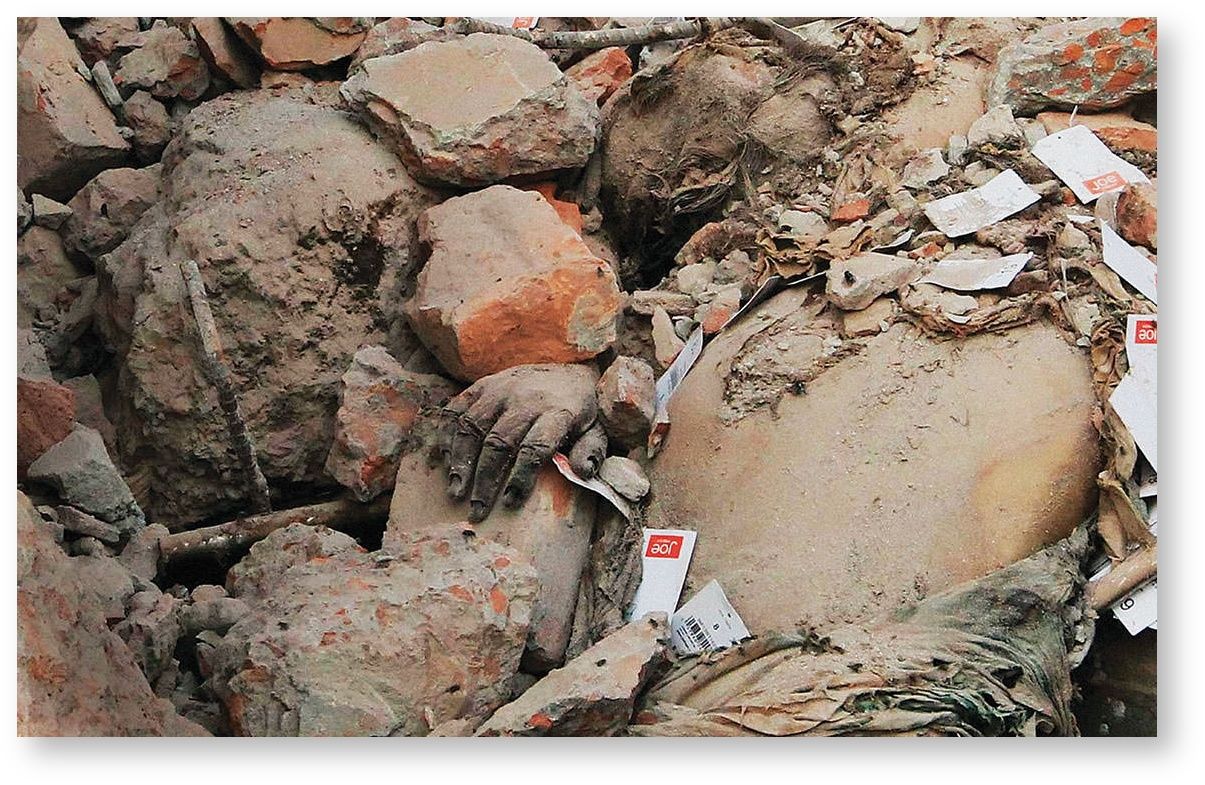 Prof. Rajneesh Narula (Henley Business School, University of Reading, Reading, UK) will give a talk on his paper “Enforcing higher labor standards within developing country value chains: Consequences for MNEs and informal actors in a dual economy”
Prof. Rajneesh Narula (Henley Business School, University of Reading, Reading, UK) will give a talk on his paper “Enforcing higher labor standards within developing country value chains: Consequences for MNEs and informal actors in a dual economy”
Abstract
The 2013 collapse of the Rana Plaza building in Dhaka, Bangladesh, led external
stakeholders to insist on higher labor standards in apparel global value chains
(GVCs). Stakeholders now expect MNEs to take ‘full-chain’ responsibility.
However, the increased monitoring and enforcement costs of a large network
of suppliers have been non-trivial. MNEs instead implement a ‘cascading
compliance’ approach, coupled with a partial re-internalization. Elevated costs
are further exacerbated in developing countries where the informal and formal
sectors are linked, and cost competitiveness greatly depends on this duality.
Monitoring actors in the informal sector is difficult, and few informal actors can
achieve compliance. GVCs have therefore reduced informal sector engagement
by excluding non-compliant actors and investing in greater automation. By
seeking to strictly enforce compliance, MNEs are attenuating some of the
positive effects of MNE investment, particularly the prospects for employment
creation (especially among women), and enterprise growth in the informal
sector. I discuss how these observations might inform other cross-disciplinary
work in development, ethics, and sociology. Finally, I note implications for IB
theory from the disparities between the ownership, control, and responsibility
boundaries of the firm.
The 2013 collapse of the Rana Plaza building in Dhaka, Bangladesh, led external
stakeholders to insist on higher labor standards in apparel global value chains
(GVCs). Stakeholders now expect MNEs to take ‘full-chain’ responsibility.
However, the increased monitoring and enforcement costs of a large network
of suppliers have been non-trivial. MNEs instead implement a ‘cascading
compliance’ approach, coupled with a partial re-internalization. Elevated costs
are further exacerbated in developing countries where the informal and formal
sectors are linked, and cost competitiveness greatly depends on this duality.
Monitoring actors in the informal sector is difficult, and few informal actors can
achieve compliance. GVCs have therefore reduced informal sector engagement
by excluding non-compliant actors and investing in greater automation. By
seeking to strictly enforce compliance, MNEs are attenuating some of the
positive effects of MNE investment, particularly the prospects for employment
creation (especially among women), and enterprise growth in the informal
sector. I discuss how these observations might inform other cross-disciplinary
work in development, ethics, and sociology. Finally, I note implications for IB
theory from the disparities between the ownership, control, and responsibility
boundaries of the firm.
The seminar is kindly sponsored by the Department of Economics and Management of the University of Pisa.

